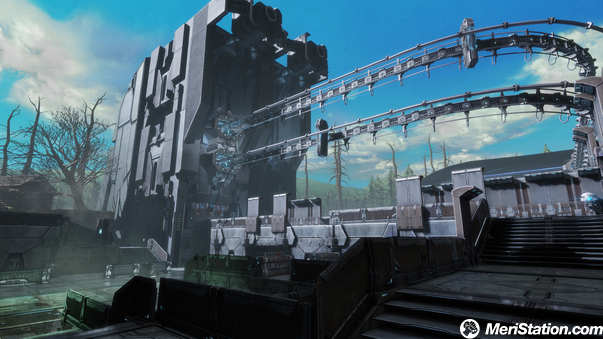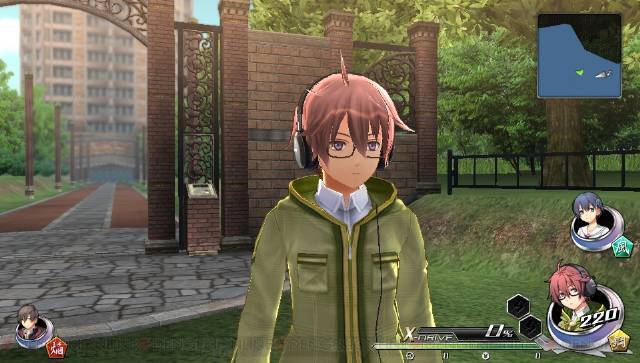As they command the canons of an alien invasion, everything begins with the most absolute chaos. Communications cut, high command untraceable and soldiers dying without knowing what hit them. Little remains of that first public vision of XCOM, when the alien invasion crawled hidden through the idyllic normality of the 1950s. The BureauIt is a different
game and begins with a different premise: war, but a hidden one, with a population without radio or television that can know what is happening and
only with a top-secret agency as the last defense force before the attack, always under the precept to hide at all costs what is happening. In between, William Carter, protagonist of this story, a tough agent with a past to discover and with much to learn from the alien threat.
Predictably, despite the initial chaos, the first mission is practically a covert tutorial, in which we will learn the fundamentals to move, cover, shoot and, most importantly, coordinate your team. In each mission we can be accompanied by two agents controlled by the AI, but who depend on the player as commander to position themselves in the best place and use their
skills when ordered. This factor is The Bureau’s raison d’être, its clearest link with the saga from which it takes its name: an attempt to mix the tactical element of the series with a TPS to use, trying to combine the best of both worlds . Around this formula, a story is
drawn that drinks from the elements of XCOM, their races, idiosyncrasies and fixation by conspiracy theories to feed a narrative that on the other hand has always been secondary. The great stories of Xcom are not in the game, but in the unique and personal experiences of the players within an emerging game system that enables each moment to be unique and personal.
This approach leads us to a first assessment about the nature of this project: was it necessary? It is surprising that someone, a person or group, took an Xcom day and decided that he wanted to make a game with a worked, tense and emotional story using that base. If we start thinking, XCOM is not a saga that has ever stood out for its history or myths, which have always been rather simplistic.
Things like the Sectoides are nothing more than almost comic interpretations of the popular imaginary about what an alien is, and other designs of the extraterrestrial troops fall into the same bag. For Gollop, when he designed the original game, they were nothing more than board pieces to make sense of his tactical game, they were never called to be iconic figures or part of a universe with a suggestive personality.2K Marin
always has to dance with the ugliest: first making a direct sequel to a game that did not need it as Bioshock is – and doing a very good job, reaching the exalted with expansions like Minerva’s Den. And then with this XCOM, seeing its different evolutions since the original
announcement, it is clear that a project of easy digestion has not gone. Sometimes the managers of the companies are committed to the most difficult paths and it is the studios that have to grapple with these decisions.
Reflection is not gratuitous, there is a constant narrative and mechanical tension in The Bureau, as if he did not just believe his own argument or just found the balance between tactical game and third-person action he seeks. It is not a question of competition, because the study solves
both aspects with solidity and without fissures, with a lot of professionalism, but they can not find that point that separates a professional and competent game from a truly brilliant one.
The action is not intense, explosive or dynamic enough to get close to the best examples of TPS and the tactical and strategic options pale to what XCOM represents. Both tendencies pull in their respective directions, but neither the levels nor the enemies nor the general approach of the game contribute to such a mixture ends up shining.


